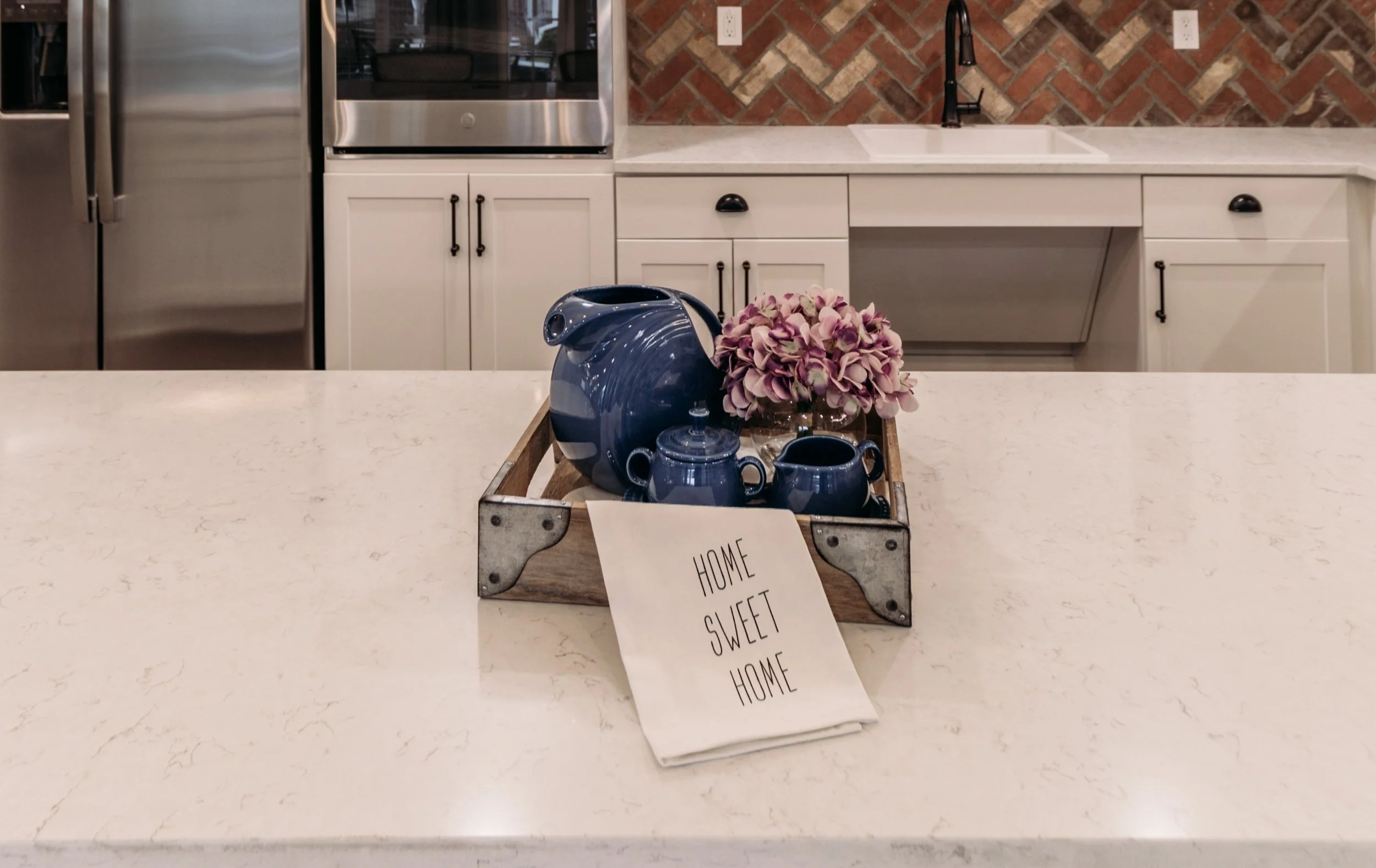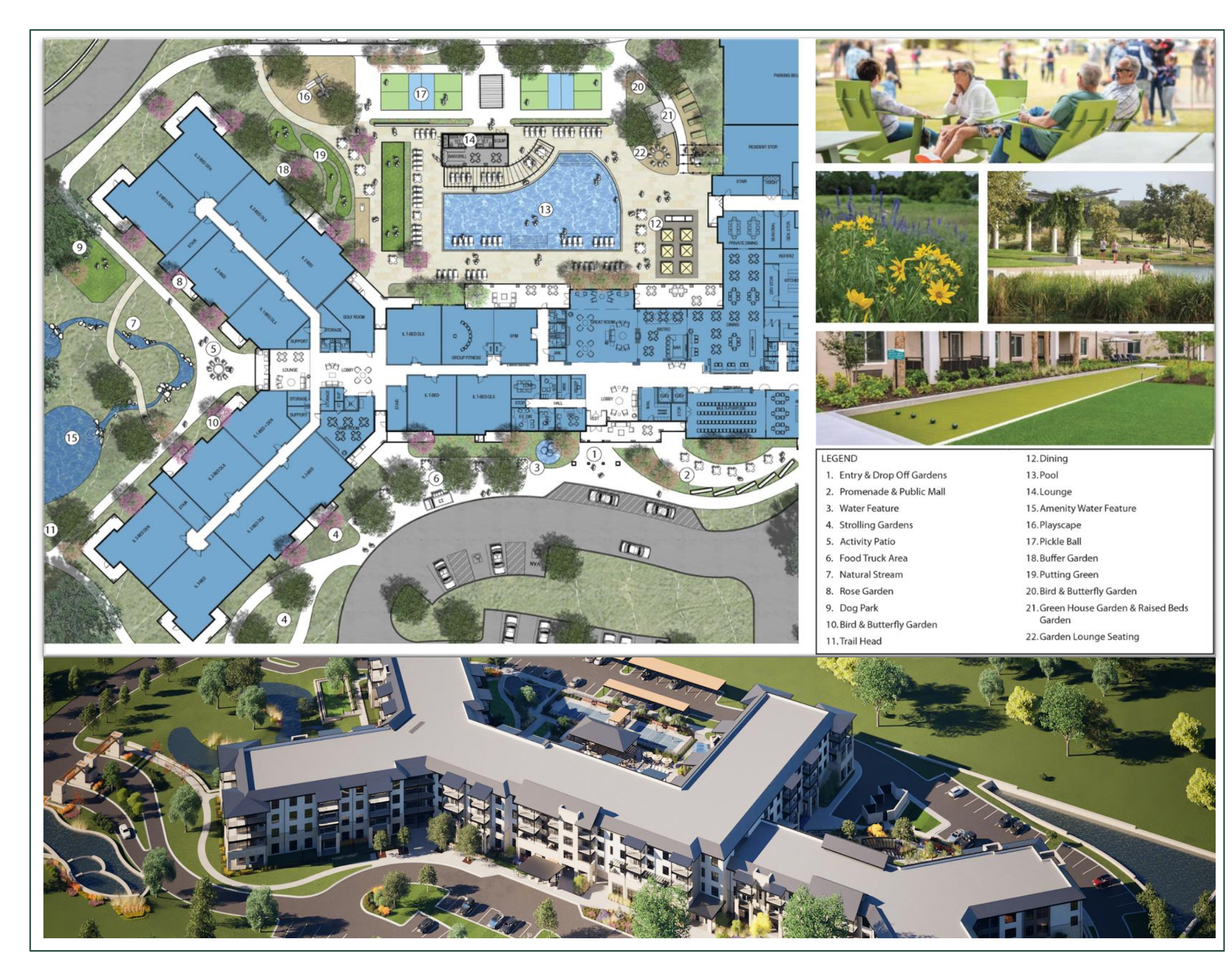Are Even Contrarians Optimistic?
Senior living construction and renovation have been bumpy in recent years. While there are still some potholes and detours, the ride is smoothing out a bit. In a recent NIC webinar, Meet Senior’s Housing’s Contrarians, some experts in the field shared their thoughts. While they offered some cautionary tales and precautions for the future, they also saw some light at the end of the tunnel. Here are just a few insights:
Many in the industry have been hunkering down as valuations have been challenged, exit plans have been destroyed, carrying costs of non-cash-flow properties have spiked in 2023 and progressed into 2024, and the hope of a quick drop in interest rates has slowly dissipated. At the same time, some regional banks have increased regulatory requirements and higher interest rate expenses have made obtaining debt more difficult; as a result, we’ve been re-exposed to old terms such as seller financing.
We're still coming out of COVID. Occupancy was growing at a fast clip, but expenses were increasing at an even faster pace. Occupancy continues to grow, but we’re still seeing some imbalance between supply and demand. There is tremendous demand as baby boomers are approaching their 80s.
There’s been a big drop in new construction starts, even though occupancy is growing. There is generally less external growth now because of where interest rates are.
There is a great deal of opportunity in the short- to medium-term with the increasing demographic demand. This is a great time to be investing in the industry, including in efforts such as repositioning and renovations.
If you look at the debt-to-cash flow ratio, we're in the 6-8 times leverage point range. Cash equity is much more important, not only because we want to see operators who have skin in the game but also because it’s critical to make the debt service coverage great.
We continue to grow, but not at an accelerated pace, even though there are tremendous opportunities out there. This is a positive environment in terms of the ability to increase earnings through external and internal growth.
The skilled care side of business has been doing very well over the last few years, and this is likely to continue as the sector continues to move into value-based care models. This presents opportunities, such as greater investment in medical outpatient buildings that are less institutional and smaller buildings that tend to be off campus.
Owners and operators are seeing more balance sheet distress than operations distress. Banks currently seem to have much more stomach to weather a storm with an operator that’s underperforming as long as they have a strong balance sheet and liquidity.
While underperforming assets are hard to finance, there is still hope. People are getting creative in the way they finance deals and structure transactions.
Investors are trying to increase investment in the senior housing sector. They need to get the capital back so they can deploy investments.
We’re starting to see movement in the markets in terms of the sale of assets or agency refinancing on the senior housing side, but this isn’t necessarily the case in some other healthcare sectors; so it’s continuing to constrain banks’ ability to land in this space. But if we see interest rates coming down over the next 12 months, we will see some thawing and things will start to move.
To watch the webinar on-demand Webinar Registration - Zoom
Pi Architects | Contact us here or call us at 512-231-1910.







